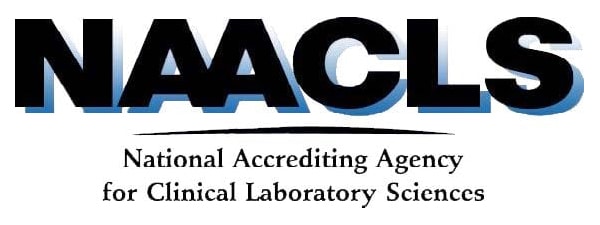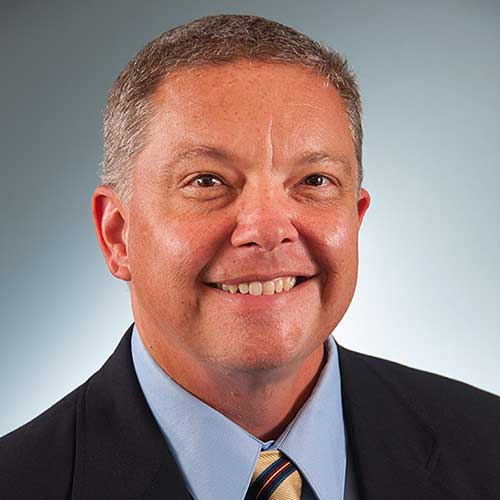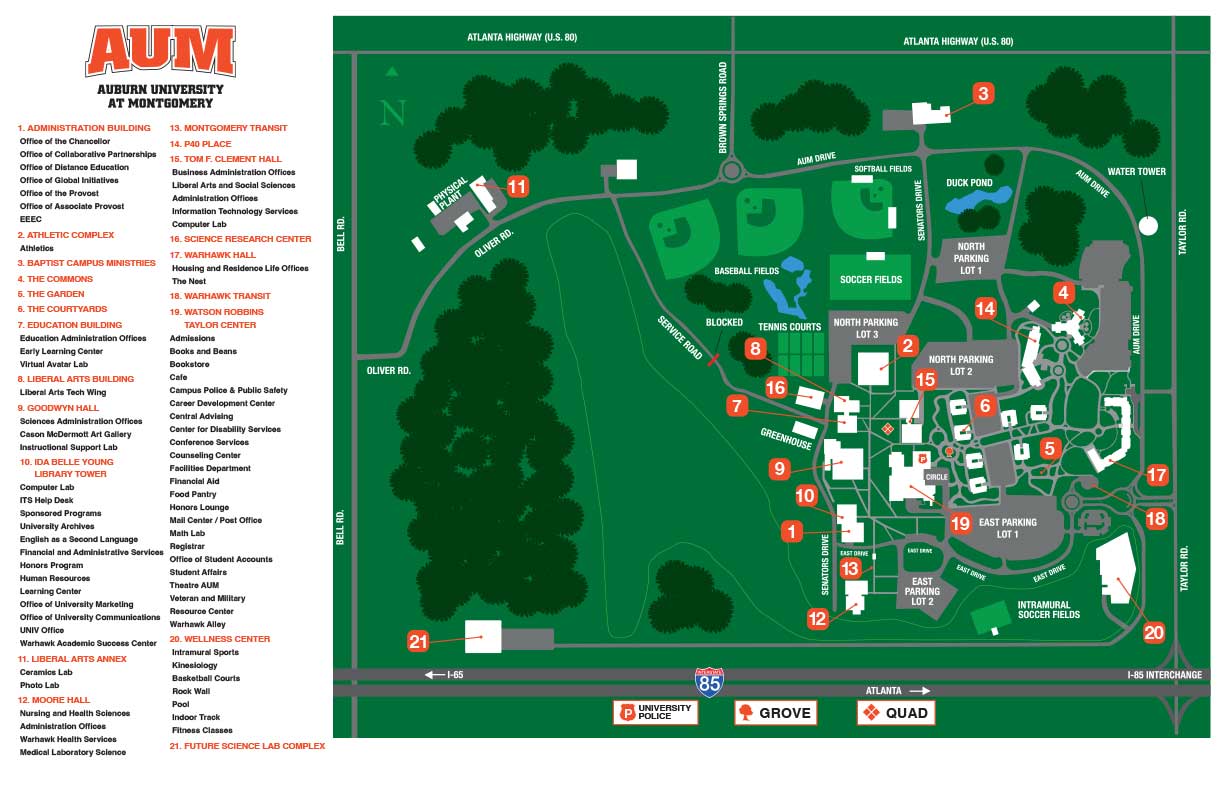A University in Motion. Apply now!
Discover the Hidden Answers
Bachelor of Science in Medical Laboratory Science (MLS)
It’s satisfying to have a career that combines multiple interests—all while serving other people. For instance, you might be interested in science, but also technology. You love to troubleshoot problems and arrive at precise answers. You can work alone or as part of a team.
One such career is medical laboratory scientist. You’ll become the go-to person for detecting and diagnosing disease because you’ll be the one analyzing blood, tissue, and other samples. You’ll perform many routine and specialized tests in clinical, research or industrial laboratories to provide diagnostic data supporting health care, quality control and product development.
In AUM’s Bachelor of Science in Medical Laboratory Science program, you’ll study chemistry, hematology, immunology, immunohematology, and microbiology—and put that theoretical knowledge to work in AUM’s laboratory-based training. Most medical laboratory scientists work in hospitals, but you could also work in commercial labs, departments of public health, agencies such as the U.S Food and Drug Administration, or forensic science settings, such as law enforcement.
In some fields, you might worry about getting a job right out of college. Graduates of the AUM Medical Laboratory Science bachelor’s program, though, have enjoyed a job placement rate of 100 percent for the past few years. There are several reasons, and here are a few:

The curriculum satisfies the requirements adopted by the American Medical Association Council on Medical Education which sets educational standards to ensure that these expected outcomes can be met. This program is accredited by the National Accrediting Agency for Clinical Laboratory Sciences (NAACLS).
The Know How
What you will know with a Medical Lab Science degree from AUM
Besides learning the technical skills medical lab scientists need, you’ll also develop thinking, communication, and organizational skills—critical attributes for the job market.
Before you leave AUM with your degree, you will have collaborated with many other students, faculty, and healthcare team members.
As a medical lab scientist, you’ll be trusted by your colleagues. Up to 70% of a physician’s medical decisions on any one patient are a direct result of lab test data.
Upon graduation, you’ll have the skills and knowledge to work in a variety of settings, all of which have a need for your expertise.
Points of Pride
Soaring Warhawks
Customize Your Concentration
Join a Club
Rewarding Occupations and Job Growth
MLS professionals perform many routine and specialized tests in clinical, research or industrial laboratories to provide diagnostic data supporting healthcare, quality control and product development.
After earning a bachelor’s degree in MLS and passing national boards through American Society for Clinical Pathology Board of Certification, you’ll have opportunities to work in hospitals, laboratories, forensic science environments, and other settings.
In the AUM program, which is only one of two undergraduate programs in Alabama, students acquire 24 weeks of required clinical training and experience through affiliated hospitals and reference laboratories.
After the required core courses are completed, students normally spend their junior and senior years completing MLS coursework. Contact the Department of Medical and Laboratory Sciences.


James Kyle Taylor
Professor | College of Nursing and Health Sciences
Is a Degree in Medical Laboratory Science right for me?
With this bachelor’s degree as your educational foundation, you have many career possibilities.
| Career/Job Title | Entry-level Education Requirements | Job Growth 2020-2030 | Annual Median Salary |
|---|---|---|---|
| Medical and Clinical Laboratory Technologists and Technicians | Bachelor's degree | 11% (Faster than average) | $54,180 |
| Forensic Science Technicians | Bachelor's degree | 16% (Much faster than average) | $60,590 |
Note: Salaries vary depending on several factors including your level of experience, education, training, demographics, and industry. Here is a sampling of the future job growth and salaries according to the U.S. Bureau of Labor Statistics.
Quick Facts
College of Nursing and Health Sciences
At AUM’s College of Nursing and Health Sciences, you will have hands-on learning experiences, working side by side with scholars and researchers using state-of-the-art laboratories and equipment.
Our academic departments include the School of Nursing, Medical and Clinical Laboratory Sciences, and Communication Disorders. To help you pay for college, you might qualify for one of our scholarships.
Official Name of the MLT-MLS Degree
Bachelor of Science in Medical Laboratory Science
Modality
Many classes in this degree program are available in both an In-Class and/or Online format. Students may elect to complete the entire program online. Students in these courses enroll in a program to connect in a virtual and/or in-class environment to collaborate using a variety of technological and educational tools. Professors play an instrumental role in building relationships among teams and individuals in this setting. All course criteria for online programs is completed through online efforts. Be sure to check with your advisor if you have any questions regarding online studies.
Courses Include
To complete this degree concentration, you will need to complete courses in the university core and Medical Laboratory Science. Contact the Medical and Clinical Laboratory Science department for a current listing of courses required to complete this program.
The course listings below are only a few of the classes this concentration requires. For a full review of this program in detail, please see our official online catalog AND consult with an academic advisor.
| Course # | Course Name | Course Description |
|---|---|---|
| CLLS 3013 | Laboratory Techniques | An introduction to the basic techniques used by clinical laboratory scientists. In addition, laboratory safety and current issues in health care explored. |
| CLLS 3103 | Immunology and Serology | A study of the human immune system in health and disease. Laboratory exercises are serologic procedures used in the laboratory diagnosis of immunologic and infectious diseases. |
| CLLS 3253 | Clinical Hematology II | A study of erythrocyte abnormalities and associated disease states. The laboratory will focus on methods used in the evaluation of abnormal erythrocyte morphology. |
| CLLS 4054 | Phlebotomy | Experience in phlebotomy provided in an affiliated clinical facility. Includes a review of basic concepts related to phlebotomy. |
| CLLS 4080 | Laboratory Management and Education (writing intensive | This course offers an overview of the management process and supervisory techniques and responsibilities commonplace in the clinical laboratory. Also covered are clinical and classroom instructional methods and evaluation strategies. This is a writing intensive course. |
| CLLS 4114 | Clinical Serology | Experience in clinical serology provided in an affiliated clinical facility. Includes a review of basic concepts related to clinical serology. |

